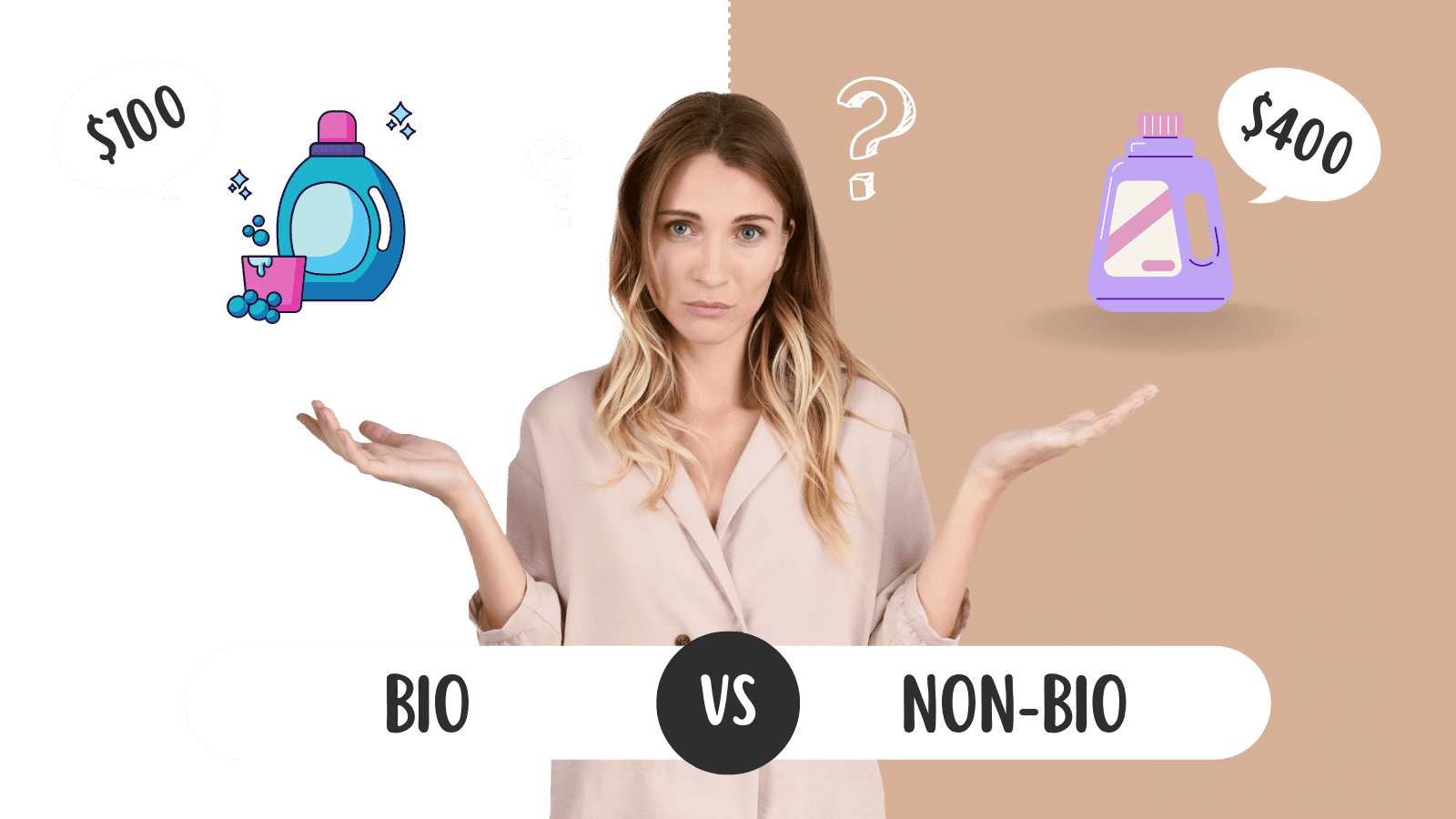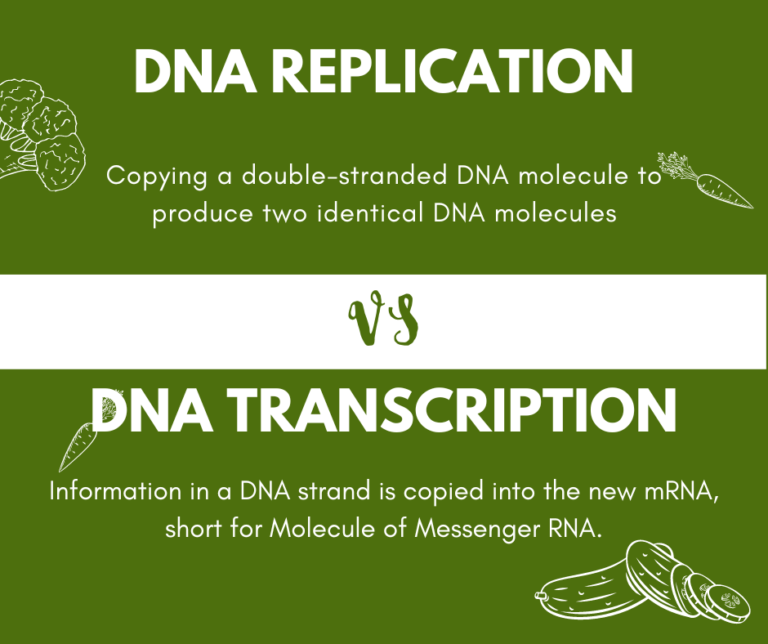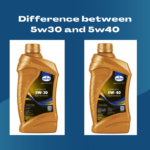Introduction
Choosing a suitable washing powder for your clothes and household is important for
- Achieving better results
- Prolonging the life of your fabrics
- Ensuring a skin friendly detergent
Powder, liquid, pods and tablets are the 4 forms of detergents available for use. But there are 2 other categories that include all of these forms, classifying detergents into biological and non-biological types. Let’s learn the difference between bio and non-bio detergents in 2 minutes.
What is bio-detergent?
Bio-detergent or Biological detergents are so named because of the presence of protease and lipase enzymes in them. Enzymes are defined as catalysts that speed up the rate of chemical reactions occurring around them. In case of bio-detergents, the enzymes present in them are carefully selected so as to effectively break down the protein, fat or starch forming the stain over the fabric in question. Each enzyme has a specific type of reaction on the stain and breaks them down into smaller pieces; making it easier to remove them. Some of these specific enzymes are
Protease – for protein-based stains like blood and egg
Amylase – starch based stains like those caused by pasta and potatoes
Lipase – fat based stains like butter, oil or sweat
Cellulase – reduce redeposition of soil baded stains like soot and clay and even work on rust stains
Mannanase – works on stains like barbecue sauce, ice-cream and chocolates and even works on toothpaste stains
Pectate lyase – works on pectin-based stains induced by fruits, vegetables jams and food thickeners
What is non-bio detergent?
Non-bio detergents are those that do not contain any enzymes and work on a gentler formula for dirt removal. Added enzymes efficiently break down the protein in subrances and make it easier to remove the stains. But in conditions of protein-based fabrics or fabrics derived from natural things, added enzymes can permanently destroy their chemical bonds and ruin them. In such conditions, non-bio detergents are used that work on gentle manner on the stains to remove them. Fabrics requiring non-bio detergents are
- Wool
- Fur
- Leather
- Silk
- Cashmere
Along with removing dirt and grime from protein-based surfaces, non-bio enzymes do not contain bleach or other chemicals. This makes them the ideal choice for colourful fabrics as they do not discolor or whiten them.
Difference between Bio and Non-bio Detergents
| Features | Lesser | Non-bio detergent |
| Enzymes | Present | Absent |
| Skin sensitivity risk | Present | Absent |
| Suitability | For messy households with regular stain occurrence | For households with babies or people with delicate skin |
| Temperature requirements | Lower | Higher |
| Risk of skin irritation | On the higher side | Minimal |
| Stain removal rate | Quicker | Lower |
| Delicate fabric suitability | Not suitable | Suitable |
| Bad smelling clothes suitability | Suitability | Not suitable |
| Harsh chemicals | Present | Absent |
| Stain | Food, sweat, grease, grass stains | Baby clothes, clothes of elderly population or those with skin problems |
| Color Fading risk | Present | Absent |
| Water and Energy Consumption | Lesser | Greater |
Conclusion
Bio enzymes and non-bio enzymes are both important for obtaining clean fabrics and surfaces they are used to clean. While bio enzymes are best for stubborn stains not responding to traditional cleaning methods, non-bio enzymes are more suited for animal-based fabrics, colorful fabrics and people with sensitive skin as non-bio enzymes are hypoallergenic to the surfaces coming in contact with them. It is important to understand the nature of your stain and choose the correct detergent type to obtain the best results from them.







